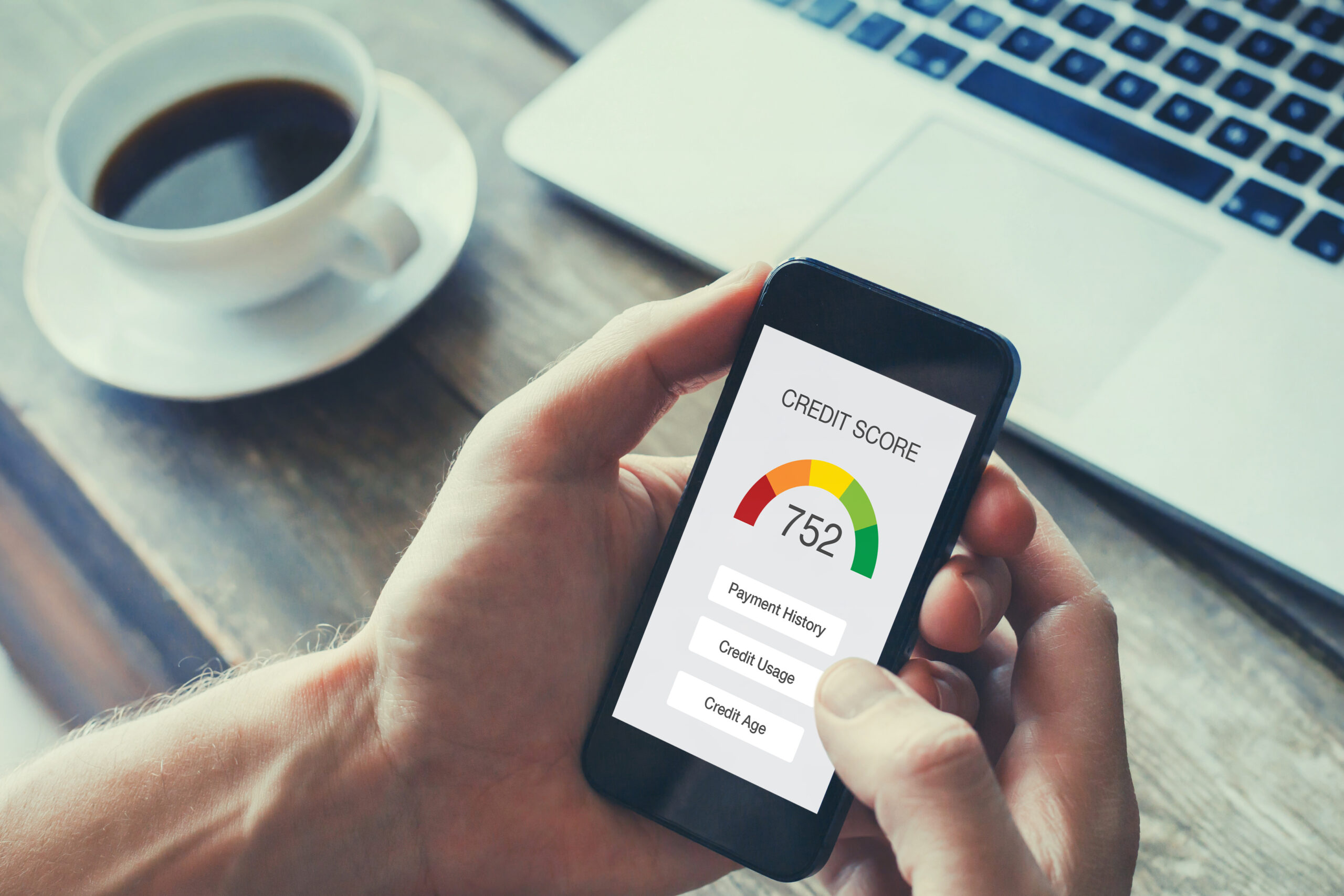For may of us we rather not talk about our credit score as we may have made some poor decisions back in our college days. The good news is that either you have great credit or terrible credit there are things you can do to improve it. It is essential to know your credit score and the important of it. A strong credit score is your passport to competitive interest rates for mortgages, cars, credit card offers, job offers, insurance premiums, and more.
How To Improve Your Credit Score

Know and Understand Your Credit Score
Before diving into some tips to improving your credit score, it’s necessary to understand what a credit score is and how it’s calculated. Your credit score is a three-digit number, typically ranging from 300 to 850, which reflects the information in your credit report. Lenders use it to evaluate your creditworthiness—the likelihood that you’ll pay back borrowed money. The FICO score is the most common scoring model, and it considers five areas: payment history, amounts owed, length of credit history, new credit, and credit mix. Your credit score can easily be found through your bank or credit card company.
Here is how your score is looked at:
- 300 – 579: Poor
- 580 – 669: Fair
- 670 – 739: Good
- 740 – 799: Very Good
- 800 – 850: Exceptional
Improving Your Credit Score
Tip 1: Review Your Credit Report Regularly
Like mentioned above your credit score is normally readily available through your bank or credit card company. This can easily be monitored on a weekly basis to see how it’s being impacted by things like on-time payments and amount of credit being used.
Tip 2: Pay Your Bills On Time
Your payment history is the biggest factor affecting your credit score. Pay all your bills on time, every time. Set up reminders or automatic payments to ensure you never miss a due date.
Tip 3. Reduce the Amount of Credit You Are Using
This is simply the amount of credit you are using compared to your total credit limit. For example, your credit card as a $5,000 limit and you currently have a balance of $1,000 on the card. You, therefore, still have $4,000 in credit available. This also means that maxing out a credit card will hurt your credit score. Carrying a small balance on your credit card will help positively impact your score. Try to keep it your amount of credit used to 30%. Pay down balances, and don’t close unused credit card accounts since they contribute to your total available credit.
Tip 4: Handle Debt Wisely
If you have existing debt, create a plan to pay it down. Consider the snowball (paying off smaller balances first) or the avalanche method (targeting high-interest debt first). Avoid taking on debt that you don’t need.
Tip 5: Keep Old Credit Cards Open
The length of your credit history matters. Keep older credit accounts open, even if you’re not using them, to extend your average credit history.
Tip 6: Limit New Credit Inquiries
Every time you apply for credit, it can cause a small dip in your credit score. Apply for new credit only when necessary.
Tip 7: Diversify
Having a mix of different credit types—credit cards, auto loans, mortgage, etc.—can help your score if you manage them responsibly.
Tip 8: Become an Authorized User
Being added to a family member’s credit card account can help you benefit from their good credit habits. Remember, they may be reluctant to add you as ultimately the primary card holder is responsible for the payments on the card.
Tip 9: Patience
While we may want our score to jump from 550 to 750 overnight that is simply not how it works. Improving your credit score will take time. By implementing the strategies above, you’re not just improving a number—you’re building a foundation for your financial stability and opening up new opportunities for your financial future. Remember, small disciplined steps can lead to significant gains in your credit score. Stay patient, stay informed, and watch your credit health grow stronger with time.
Important Note: Edge of Wellness and it’s authors are not financial advisors and none of what Edge of Wellness and it’s contributors publish is to be taken as financial advice.


